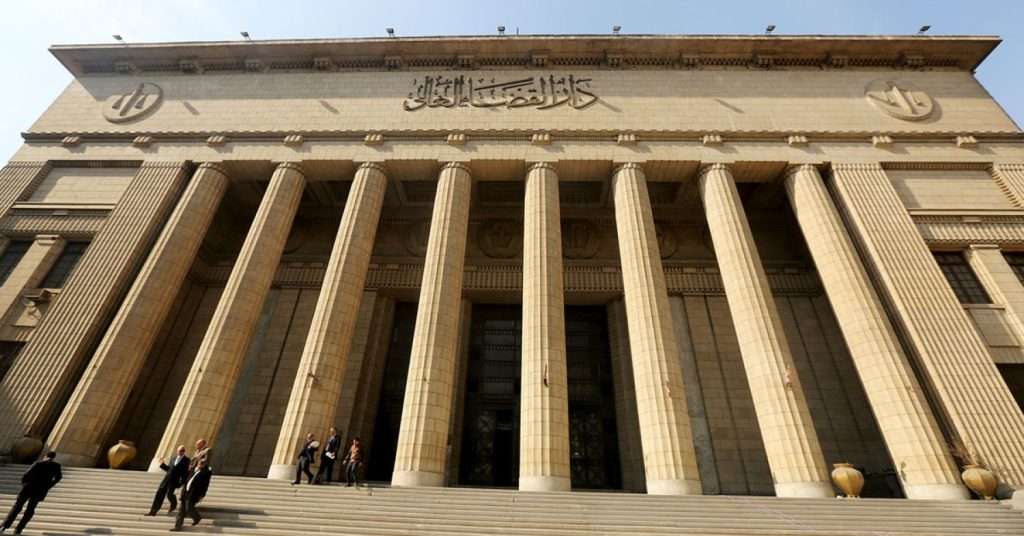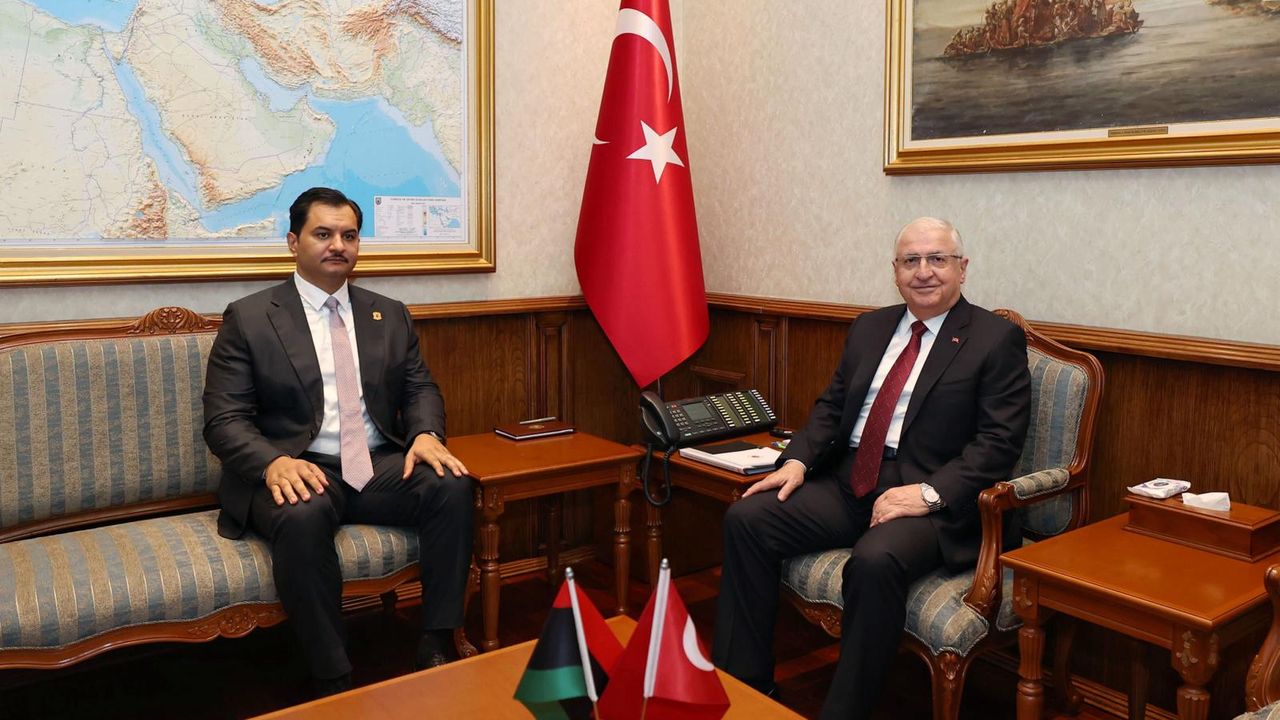Egypt: Court adds Muslim Brotherhood to terrorist list

The Egyptian Criminal Court officially added the Muslim Brotherhood to the list of terrorist organisations on December 4th, with pro-regime Egyptian media personality Ahmed Moussa reacting: “Congratulations! Here’s to the death penalty next,” according to MiddleEastMonitor.
While the Muslim Brotherhood has been designated by the Egyptian government as a terrorist organisation since 2013, this is the first time ruling has been through the courts.
The Sunny Islamic party’s leader Mohamed Morsi was democratically elected in 2012, before being deposed in a coup, which saw Egypt’s incumbent president Abdel Fattah El-Sisi take power.
Ahmed Moussa, an Egyptian journalist and TV presenter hailed the verdict: “Congratulations! Here’s to the death penalty next. Rest assured, Egyptians, there will never be reconciliation with the traitorous Brotherhood terrorists.”
The court also added several Brotherhood leaders to “terrorist” lists, including Yahia El-Sayed Mousa, Ali Ahmed Batikh and Jihad El-Hadad.
READ: Egypt to float four military-owned companies on the stock market
Just days before, hundreds of organisation’s members had been removed from the list, leading some to believe President Abdel Fattah Al-Sisi was looking to reconcile with the group, according to MiddleEastMonitor.
716 people were removed, including businessmen, journalists and human rights activists.
The largest religious institution in Egypt, Al-Azhar Al-Sharif, praised the decision, writing in its publication: “Al-Sisi stressed his concern for his people and his desire to turn a new page for them to integrate into society as good citizens who protect their country and live safely on its land.”
Ahmed Moussa, however, asserted on the Sada Al-Balad channel that: “The Brotherhood will remain a terrorist group,” adding, “We will never allow the Brotherhood to return to the country again.”
READ: Libyan central bank to print 30 billion dinars
Analysts thought there were several factors behind the decision, including improving Egypt’s human rights record, which is due to be reviewed at the UN Human Rights Council in January.
As the country struggles with economic growth, the $8bn loan programme from the International Monetary Fund is indispensable, a scheme that requires an improvement in business freedoms to attract foreign investment, particularly the removal of businessmen from the terrorist list.
While it may seem optimistic now, some were hoping it was a watershed moment for the relations between the regime and the Muslim Brotherhood, and the beginning of a new political era.
MiddleEastMonitor
Want to chase the pulse of North Africa?
Subscribe to receive our FREE weekly PDF magazine













